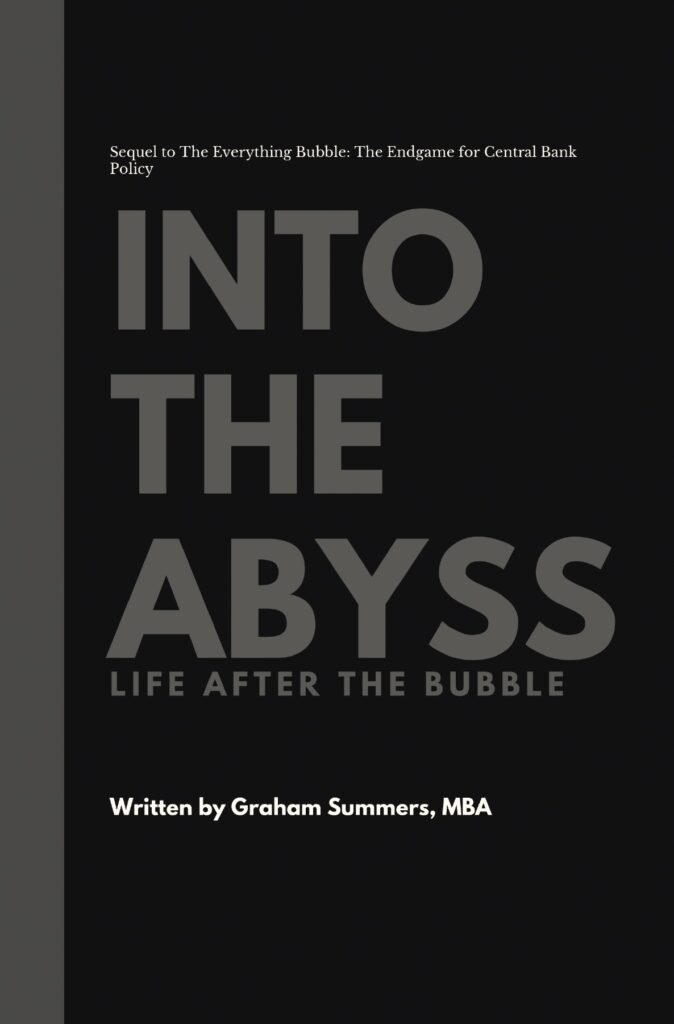Japan is the ultimate basket case for monetization. The country buys its own bonds, stocks, ETFs, foreign bonds, even REITs. All in all, the country has spent over 20% of its GDP in QE… and its economy continues to slow.
And yet, despite its complete, abject failure to produce any significant pick up in economy activity or employment via these policies, the Bank of Japan has decided to do EVEN MORE OF THEM.
Just this morning, the Bank of Japan decided to increase its QE efforts with a new program to spend ¥ 7 trillion month buying bonds per month. It’s complete and utter insanity, especially since there is literally not one single instance in history in which debt monetization has produced economic growth.
Instead, it always produces the same thing: INFLATION.
Japan’s efforts to fight the economic slump by weakening its currency yen have led to a side effect: higher prices. Rising costs of daily necessities, ranging from petrol to food, have started to take a toll on the public.
At a petrol station in Sapporo, one of Japan’s largest cities, soaring petrol prices have kept many price-sensitive motorists away from fully filling their tanks.
A motorist said:”It’s hard for us. For us ordinary folks, even the smallest price rise is not easy to digest.”
http://english.cntv.cn/program/bizasia/20130201/105864.shtml
And this is precisely the policy Ben Bernanke is engaging in. The Fed is spending $85 billion per month, that’s roughly $2.8 billion per day, buying debt and other garbage.
He, like the people running the Bank of Japan, somehow believes that printing money will result in economic growth. This is a bit ironic given that GDP growth is collapsing in the US, DESPITE him launching both QE 3 and QE 4 last year. Indeed, when we account for the real increase in inflation, 4Q12 GDP growth was over NEGATIVE 1%.
We all know how this will end: with higher inflation/ costs of living and now very likely with a market crash. Every bubble the Fed has blown has resulted in disaster. This time will be no different.
With that in mind, now is the time to be preparing your portfolio for what’s coming. The lessons from Cyprus are obvious: the warning signs of disaster show up very early (Cyprus first requested a bailout in June 2012). However, once things get messy… it happens ALL AT ONCE.
Cyprus’s entire banking system shut down in one weekend. At that point 99% of people couldn’t get access to their money. Those who prepared in advance were fine. Those who didn’t ended up losing 60% of their wealth in less than a week.
Don’t let this happen to you.
We’ve just released a Special Investment Report outlining the threat of inflation to your financial well-being.
To read this report and start taking action to prepare yourself and your loved ones for what’s coming…
Best Regards,
Graham Summers




